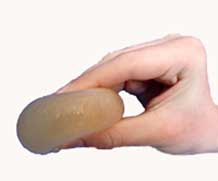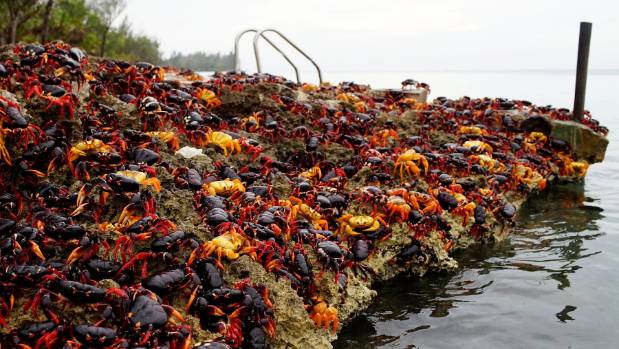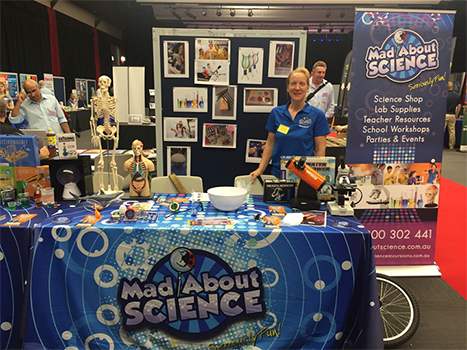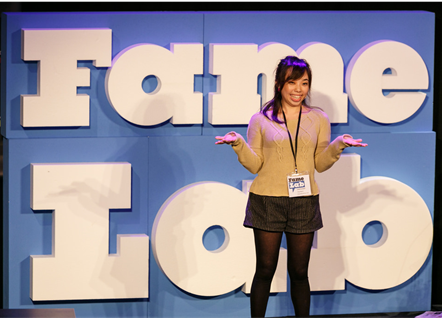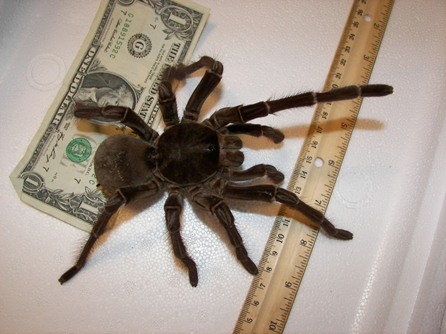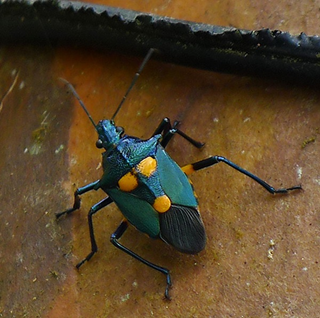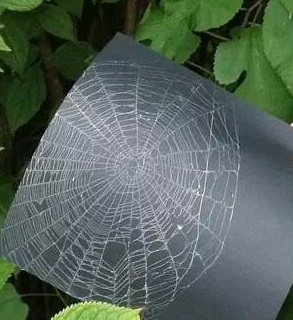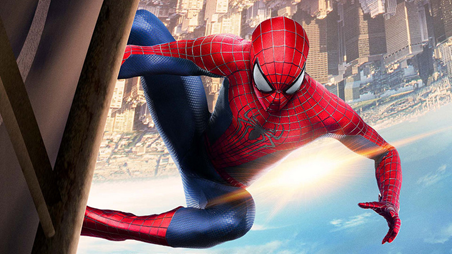Workshop of the Week: Kitchen Chemistry
Colby Watts2021-02-03T09:38:50+11:00Workshop of the Week: Kitchen Chemistry If all this talk of eggas has got you feeling hungry, check out our ‘Kitchen Chemistry’ workshop – a fun food workshop challenging you to think about everyday food in a whole new way. Experiment with a variety of food-related chemicals, and you even get to take home a bag of sweet, tongue tingling sherbet! This workshop is suitable for Foundation to Level 2 students, and is available in a 60 or 90 minute format. We recommend a 90 minute format if budget and timetabling constraints allow. Each workshop can cater to a [...]



